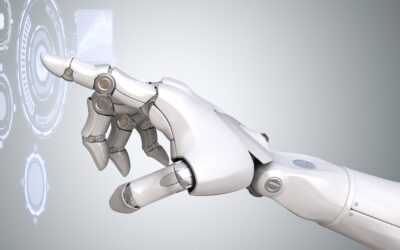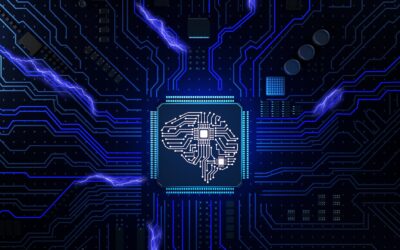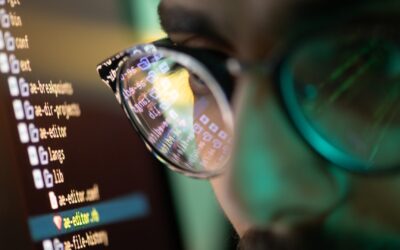Artificial intelligence is only as ethical as the people who use it
Artificial intelligence is revolutionary, but it’s not without its controversies. Many hail it as a chance for a fundamental upgrade to human civilization. Some believe it can take us down a dangerous path, potentially arming governments with dangerous Orwellian surveillance and mass control capabilities.
We have to remember that any technology is only as ‘good’ or ‘bad’ as the people who use it. Consider the EU’s hailed ‘blueprint for AI regulation’ and China’s proposed crackdown on AI development; these instances seek to regulate AI as if it were already an autonomous, conscious technology. It isn’t. The U.S. must think wisely before following in their footsteps and consider addressing the actions of the user behind the AI.
In theory, the EU’s proposed regulation offers reasonable guidelines for the safe and equitable development of AI. In practice, these regulations may well starve the world of groundbreaking developments, such as in industry productivity or healthcare and climate change mitigation — areas that desperately need to be addressed.
You can hardly go through a day without engaging with AI. If you’ve searched for information online, been given directions on your smartphone or even ordered food, then you’ve experienced the invisible hand of AI.
Yet this technology does not just exist to make our lives more convenient; it has been pivotal in our fight against the COVID pandemic. It proved instrumental in identifying the spike protein behind many of the vaccines being used today.
Similarly, AI enabled BlueDot to be one of the first to raise the alarm about the outbreak of the virus. AI has also been instrumental in supporting the telehealth communication services used to communicate information about the virus to populations, the start-up Clevy.io being one such example.




